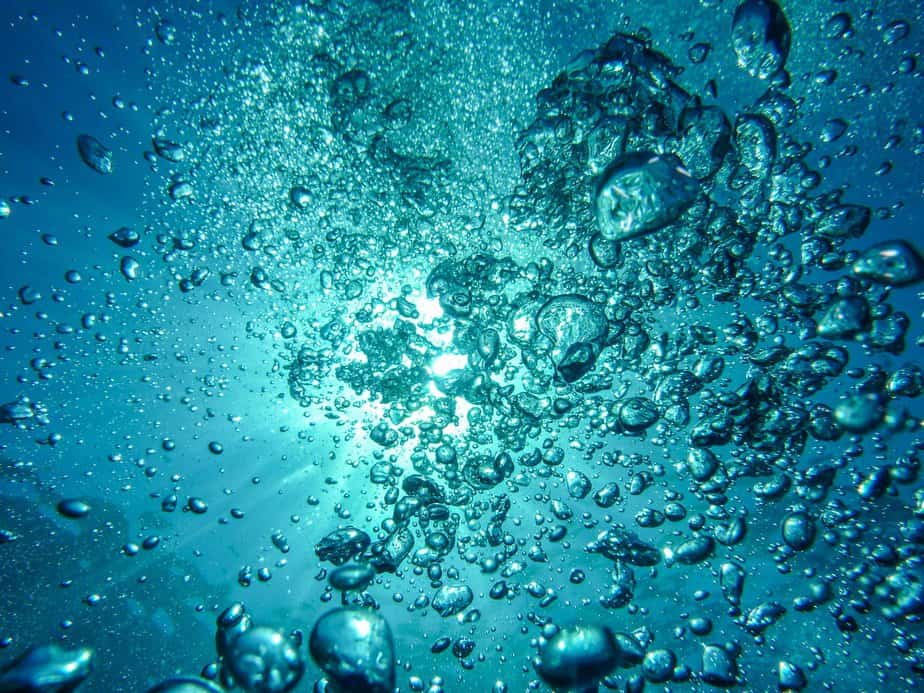
Water is emerging as the next critical resource that could drive global dynamics
Water, often taken for granted as a readily available resource, is facing unprecedented challenges in today’s world. Just as Peak Oil has played a pivotal role in shaping economies and geopolitics, water is emerging as the next critical resource that could drive global dynamics.
While water covers about 71% of the Earth’s surface, only a small fraction of it is freshwater suitable for consumption. In this blog post, we will explore five compelling reasons why water is being likened to the next oil and why we should be paying attention to its growing significance.
Scarcity and Unequal Distribution
The scarcity of freshwater resources is a growing concern, exacerbated by factors such as population growth, urbanization, and climate change. According to the United Nations, by 2025, nearly two-thirds of the world’s population could be living under water-stressed conditions. Unequal distribution of water resources further exacerbates the issue, leading to regional conflicts and tensions. Just as oil-rich regions have held strategic importance, water-rich areas could become the focal points of political and economic negotiations in the future.
Agriculture and Food Security
Water scarcity directly impacts agriculture, the backbone of global food production. Irrigation accounts for a significant portion of water usage, and water scarcity can lead to reduced crop yields and compromised food security. As the global population continues to grow, the demand for food will rise, placing even more strain on water resources. The parallels with oil’s role in powering industries and transportation are evident – water is the essential fuel for agriculture, and its scarcity could lead to disruptions in the global food supply chain.
Energy Production and Industry
Water is a vital component in various energy production methods, including hydropower, cooling for thermal power plants, and even in the extraction of fossil fuels. Moreover, industries across sectors depend on water for manufacturing processes, cleaning, and waste disposal. Just as oil’s role in industrial processes is indispensable, water’s role in energy production and manufacturing is irreplaceable. Water scarcity could lead to energy shortages and reduced industrial output, impacting economies on a significant scale.
Health and Sanitation
Access to clean and safe drinking water is a fundamental human right and essential for public health. Lack of access to clean water and proper sanitation can lead to waterborne diseases, affecting millions of people around the world. In many ways, the lack of access to clean water can be compared to the disparities in access to healthcare caused by oil-driven economic inequalities. Addressing water-related health issues requires a comprehensive approach involving infrastructure development, sanitation improvement, and sustainable water management.
Environmental Stewardship and Conservation
Just as concerns about environmental degradation and climate change have sparked discussions about transitioning from fossil fuels to renewable energy, water conservation and sustainable management are gaining prominence. Pollution, over-extraction, and inadequate wastewater treatment have led to the degradation of water quality and ecosystems. The need to preserve water resources for future generations is akin to the imperative of transitioning to cleaner energy sources. Governments, industries, and individuals alike must take active steps to promote water conservation, reforestation, and responsible water use.
Conclusion
As the global population continues to grow and the impacts of climate change become more pronounced, the parallels between water and oil become clearer. Both are finite resources that play pivotal roles in driving economies, shaping geopolitics, and sustaining life as we know it. The scarcity of water, like the scarcity of oil, has the potential to create conflicts, influence global markets, and reshape industries. Just as oil has driven advancements and innovations over the past century, the challenges posed by water scarcity could foster technological innovations, policy changes, and a greater emphasis on sustainable practices.
The urgency of addressing water-related challenges cannot be overstated. Governments, organizations, and individuals must come together to prioritize water conservation, improve access to clean water and sanitation, and implement sustainable water management practices. Just as the world has witnessed the rise of renewable energy as an alternative to fossil fuels, we have the opportunity to transition towards a future where water scarcity is managed through responsible practices and innovative solutions. Water, the next oil, is not a call for doom but an invitation to recognize the challenges and work collectively towards a more sustainable and equitable world for ourselves and future generations.
More reading
The Role of Farm Dams in Drought Resilience

Pingback: 10 Strategies For Adapting Dam Design For Climate Change | Big Ditch Dam Building Company